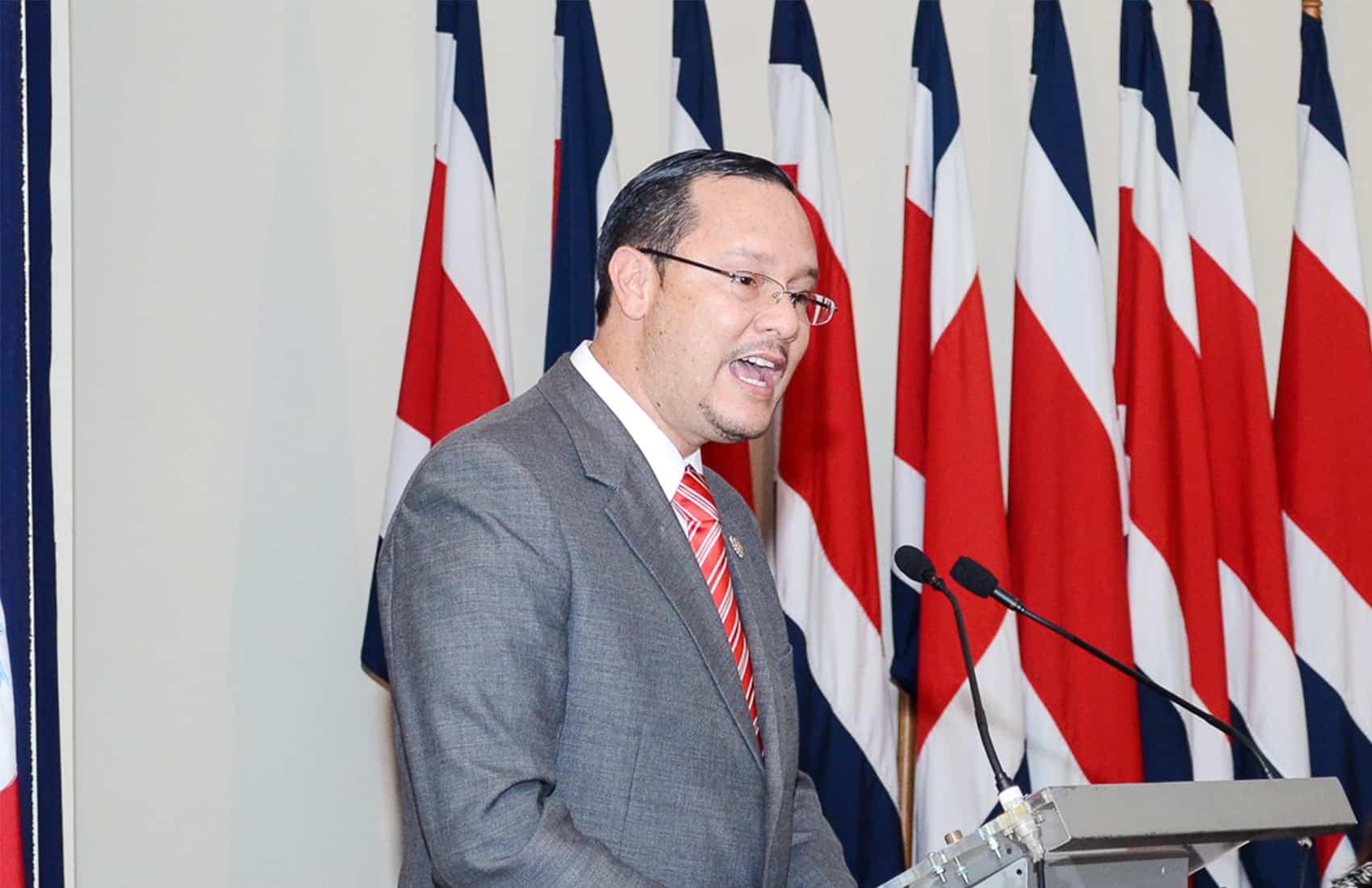Former Costa Rican security minister and Supreme Court justice Celso Gamboa got a break when a court in Goicoechea acquitted him of influence peddling. The case stemmed from claims that he stepped in back in 2016 to scrub San José’s ex-mayor Johnny Araya from a criminal probe during an election push.
Prosecutors flipped at the last minute and asked for the acquittal, pointing to thin evidence that didn’t hold up. Araya and former prosecutor Berenice Smith, who faced charges alongside him, also came out clear.
Even with this win, Gamboa stays locked up in Jorge Arturo Montero Prison in Alajuela. He’s held there while Costa Rican officials sort out a U.S. extradition bid that paints him as a key player in a cross-border drug ring tied to Mexico’s Sinaloa Cartel and Colombia’s Clan del Golfo.
U.S. prosecutors charge him with plotting to move cocaine through Costa Rica and onward to Central America and the States. If the extradition goes through and a U.S. jury convicts him, he could stare down decades behind bars, though Costa Rica’s treaty limits it to 50 years for its citizens.
Authorities nabbed Gamboa on June 23, right after the U.S. request hit. The timing lined up with a fresh constitutional tweak in May that opened the door for extraditing Costa Ricans on drug and terror raps—something off-limits before. Gamboa and his alleged partner, Edwin López Vega (who goes by “Pecho de Rata” and has a prior drug conviction), might set the precedent as the first locals shipped out under the new rules. López got picked up around the same time.
The U.S. indictment, unsealed in July, lays out how Gamboa supposedly greased wheels for cartel shipments, coordinating loads from Colombia through Costa Rican ports and into distribution networks. Links to Honduran traffickers popped up in reports too, showing a web that spans the region. Gamboa’s team pushes back hard, filing appeals on procedure and flagging his health issues as reasons to keep him home.
His lawyer even slammed Costa Rica’s Constitutional Court and hinted at taking the fight to an international body if needed. Still, Gamboa has said publicly he wants to face the music in the U.S., insisting he’d rather clear his name there than drag things out here. “It might suit some folks better if I got sentenced here to dodge the trip north,” he told the court, “but that’s not what I’m after.”
This acquittal clears one hurdle, but two more Costa Rican cases hang over him—one tied to the “Cementazo” scandal from years back, involving shady loans and influence. The other probes different claims, though details stay sparse for now.
Prosecutors have asked to extend his detention for the extradition push, and the clock ticks: the U.S. has 60 days under the treaty to cough up full docs, but some pieces still lag. Costa Rica’s president, Rodrigo Chaves, weighed in, saying the handover needs to happen to prove the new law works.
Gamboa’s fall grabs headlines because he once held top spots in security and the judiciary, spots meant to fight the very crimes he’s now accused of aiding. Back in 2019, he beat an earlier influence rap on doubts, but this latest mess amps up scrutiny on corruption and cartel reach in Costa Rica.
Folks online and in the streets debate if the system shields the powerful or if justice finally catches up. For now, Gamboa sits tight, his fate split between local courts and a potential flight to face federal charges abroad.
The extradition hearing could wrap soon, but appeals might stretch it months. If approved, he’d head to Texas for trial, where the Eastern District court waits. Costa Rica’s shift on extradition signals tougher stance on drugs, but cases like this test if it holds. Gamboa’s story keeps unfolding, pulling in politics, crime, and cross-border ties that hit close to home.






